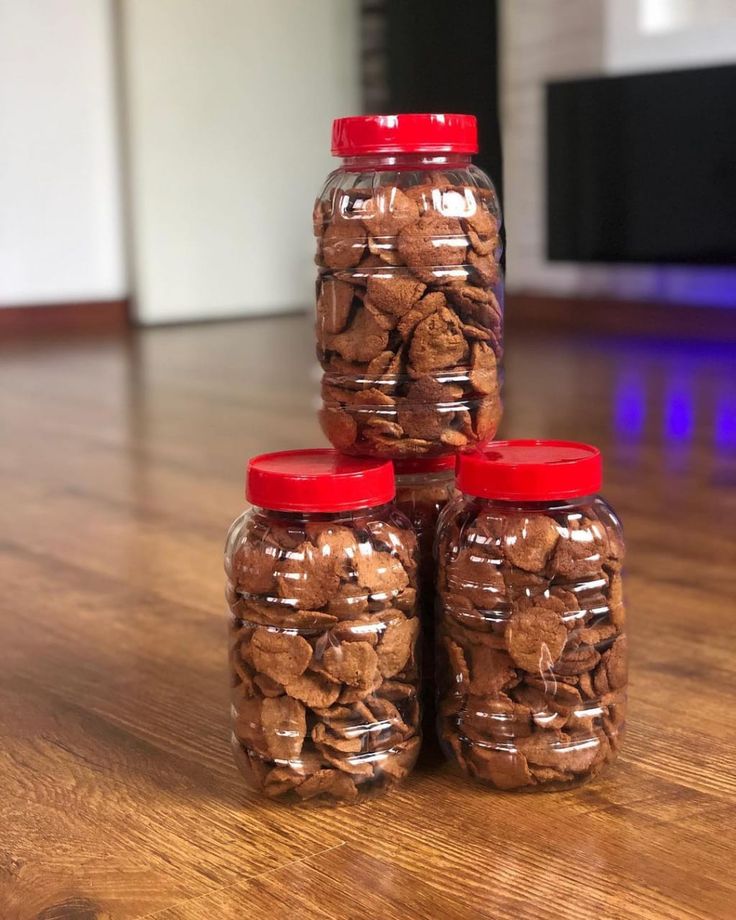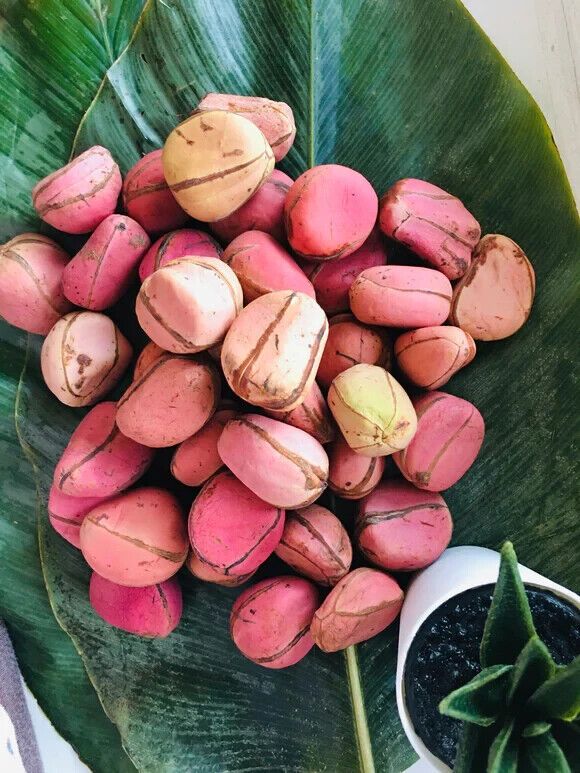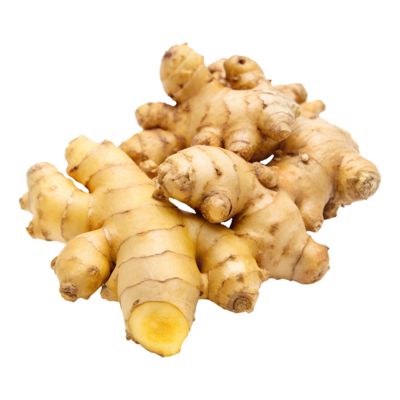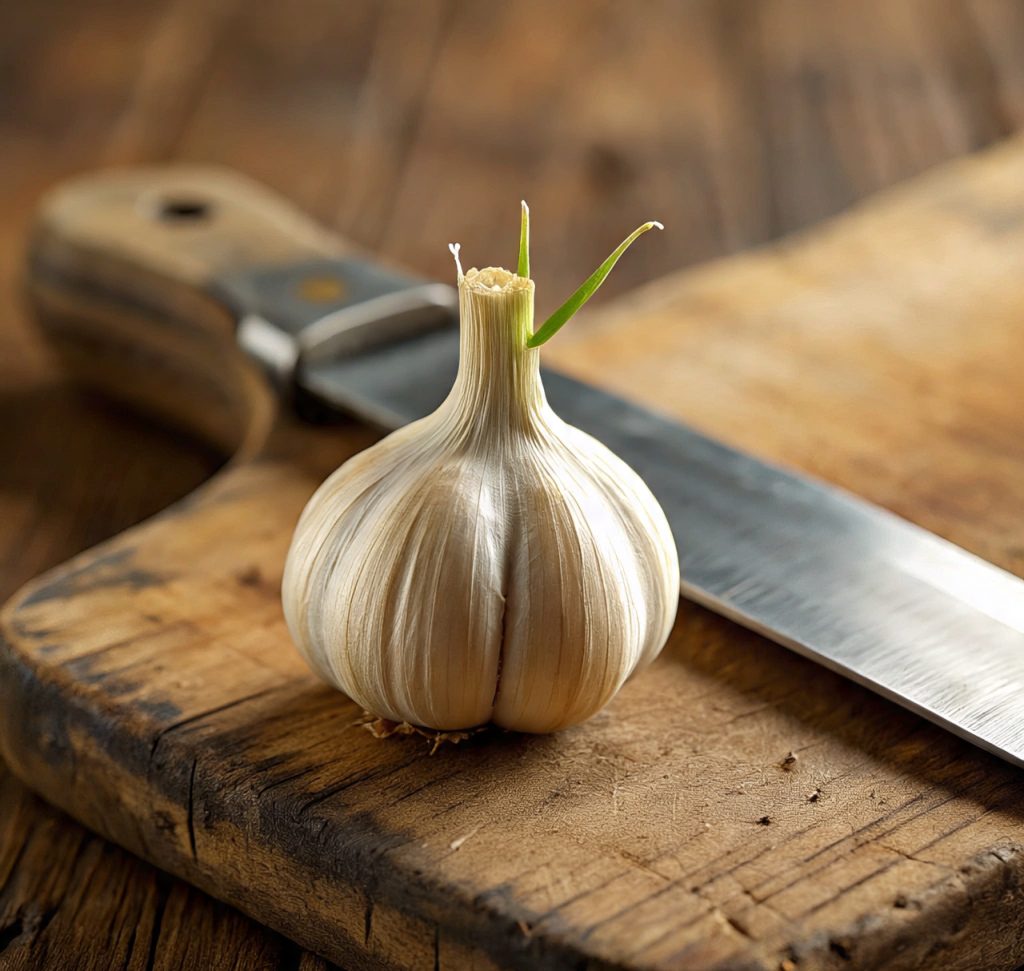What It Is
Kuli-Kuli is a popular West African snack made primarily from groundnuts (peanuts). It is essentially roasted groundnut paste (peanut butter-like dough) that has been spiced, salted, and fried until it becomes crunchy. Kuli-Kuli originated from Northern Nigeria and has spread across Africa as a beloved protein-rich snack. It serves as both a delicacy and a commercial product with high potential for international trade.

Nutritional and Cultural Value
-
Protein-Rich Snack: Kuli-Kuli is high in protein, making it a healthy snack option for both children and adults.
-
Source of Energy: Its high fat and oil content provides long-lasting energy.
-
Cultural Relevance: In Nigeria and other parts of Africa, Kuli-Kuli is eaten as a snack, served with garri (cassava flakes soaked in water), or used as an ingredient in local dishes such as Kilishi (beef jerky) and Suya (spicy grilled meat).
-
Health Benefits: Contains essential minerals like magnesium, iron, and potassium. Its antioxidant properties support heart health.
Forms of Kuli-Kuli in Trade
-
Whole Stick/Bar Kuli-Kuli – Crunchy fried peanut bars, usually hand-moulded.
-
Powdered Kuli-Kuli – Ground form used as a condiment in soups and sauces or sprinkled on salads and garri.
-
Packaged & Spiced Kuli-Kuli – Flavored with chilli, ginger, garlic, or honey for modern tastes.
Export Specifications
-
Moisture Content: Below 8% to prevent spoilage.
-
Oil Content: 35–40%.
-
Texture: Hard, crunchy, and non-greasy to touch.
-
Shelf Life: 6–12 months (depending on packaging).
-
Packaging: Vacuum-sealed bags, plastic containers, or resealable pouches.
-
Sizes: 100g, 250g, 500g, 1kg packs.
Packaging for Export
International markets demand hygienic, attractive, and standardized packaging. Common options include:
-
Polythene vacuum pouches for long shelf life.
-
Food-grade plastic jars with tamper-proof seals.
-
Paperboard boxes for bulk exports.
-
Labelling Requirements: Product name, ingredients, nutritional facts, country of origin, best-before date, storage instructions, and exporter details.
Export Markets & Demand
-
Europe (UK, Germany, France): High demand among African diaspora communities who consume it as a nostalgic snack.
-
North America (USA, Canada): Sold in African/Caribbean stores and online platforms such as Amazon and eBay.
-
Middle East (UAE, Saudi Arabia, Qatar): Popular in African immigrant communities.
-
Other African countries: Especially Ghana, Niger, and Benin, where it is already widely consumed.
Export HS Code
-
HS Code for Prepared Groundnut Snacks: 2008.11
Export Process
-
Sourcing: Groundnuts are purchased from farmers in Nigeria (Kano, Kaduna, Niger, and Kwara are major producing states).
-
Processing: Roasting, grinding, defatting, moulding, frying, and packaging.
-
Quality Control: Compliance with NAFDAC standards (Nigeria) and FDA/EU food safety regulations.
-
Shipping: Exported by air cargo for smaller packages or by sea in containers for bulk shipments.
Uses
-
Snack Food: Direct consumption.
-
Soup Additive: Powdered form enriches local soups.
-
Garri Companion: Commonly eaten with soaked garri for quick meals.
-
Protein Supplement: Used in diets for children, athletes, and vegetarians.
-
Commercial Food Ingredient: Added to granola bars, energy snacks, and cereal blends in modern food industries.
 Business Opportunities
Business Opportunities
-
Retail Packaging for Diaspora Stores: Exporting small, attractive packs to meet diaspora demand.
-
Bulk Supply to Food Processors: Kuli-Kuli powder can be used in seasoning mixes, sauces, and health bars.
-
Branding Opportunities: Creating modern versions of Kuli-Kuli with flavors (spicy, honey-coated, chocolate-dipped).
-
Online Market Expansion: Selling through e-commerce platforms like Amazon, Etsy, and African food stores online.
In Summary: Kuli-Kuli is more than just a snack—it is a nutrient-dense, culturally rich, and export-worthy commodity. With proper branding, hygienic packaging, and compliance with international food safety regulations, exporters can tap into a multi-million-dollar market driven by the African diaspora and the rising demand for healthy plant-based snacks worldwide.







